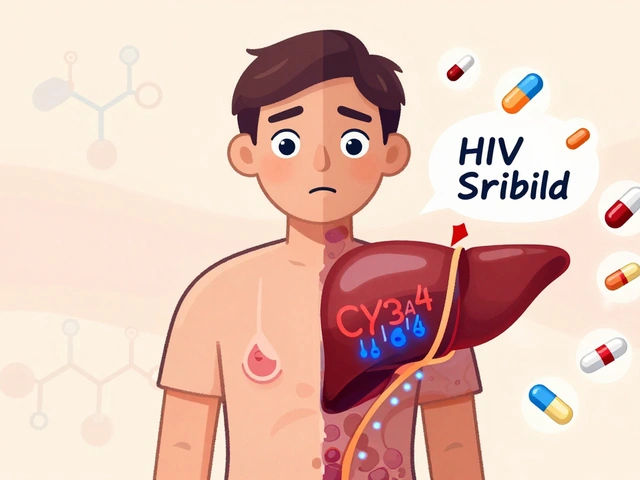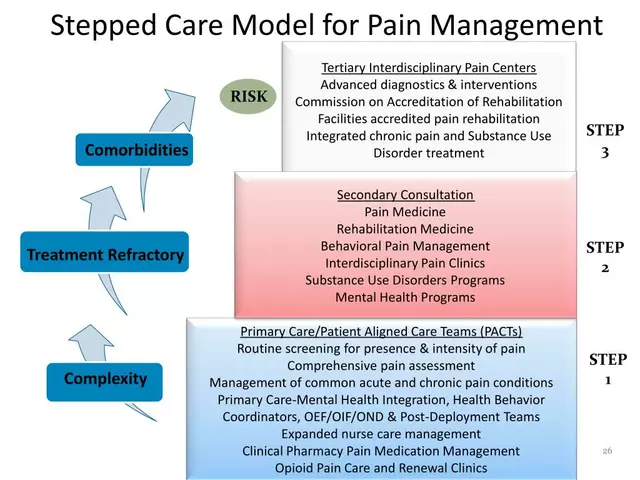Statin Side Effects – Quick Guide for Everyday Users
If you’ve been prescribed a statin to lower cholesterol, you’ve probably heard the word “side effects” tossed around. It can feel scary, but knowing what’s normal and what isn’t makes it easier to stay on track with your heart‑health plan.
Typical Symptoms You Might Feel
The most talked‑about complaint is muscle soreness. A mild ache in the thighs or calves after a workout is usually fine, but if you notice persistent stiffness, weakness, or pain that doesn’t go away, it could be statin‑related myopathy. Keep an eye on any “muscle cramping” that lasts longer than a day.
Another frequent issue is mild digestive upset – think nausea, gas, or occasional diarrhea. These usually settle after a few weeks as your body adjusts. Some people also report a slight increase in liver enzymes. That’s why doctors order blood tests before starting treatment and again after a couple of months.A smaller group mentions memory fog or trouble concentrating. The science is mixed, but if you feel unusually forgetful, note it and bring it up at your next appointment.
Managing & Preventing Problems
The first step is communication. Tell your doctor about any new aches or odd symptoms right away. They might lower the dose, switch to a different statin, or suggest an “every other day” schedule to ease side effects.
Lifestyle tweaks help too. Staying hydrated and doing gentle stretches can reduce muscle complaints. Pairing your statin with food (especially breakfast) often cuts stomach irritation. If liver numbers creep up, the doctor may pause the medication for a short period. Most of the time, levels normalize once the drug is held.
Don’t forget that not every side effect means you have to quit. Some people find that taking a Co‑Q10 supplement eases muscle pain – though talk to your pharmacist before adding anything new. Finally, keep a simple log: date, dosage, and any symptoms. When you meet with your healthcare provider, this record speeds up the decision‑making process.
Statins are powerful tools for reducing heart attacks and strokes, but they work best when you’re aware of how they feel in your body. Spotting a problem early, staying honest with your doctor, and making small daily adjustments can keep side effects at bay while you reap the cardiovascular benefits.
Got more questions? Browse our other articles on cholesterol meds, heart‑health diet tips, and alternative lipid‑lowering options – all written in plain language you can trust.

Zocor: Uses, Side Effects, and What to Know About This Statin Drug
Dig into what Zocor is, how it works, and why so many doctors prescribe it to lower cholesterol. Learn about the benefits, side effects, practical tips for taking it, and the stuff nobody usually mentions about statin drugs. Get the real facts on how Zocor might fit into your life—straightforward, practical, and easy to understand.





